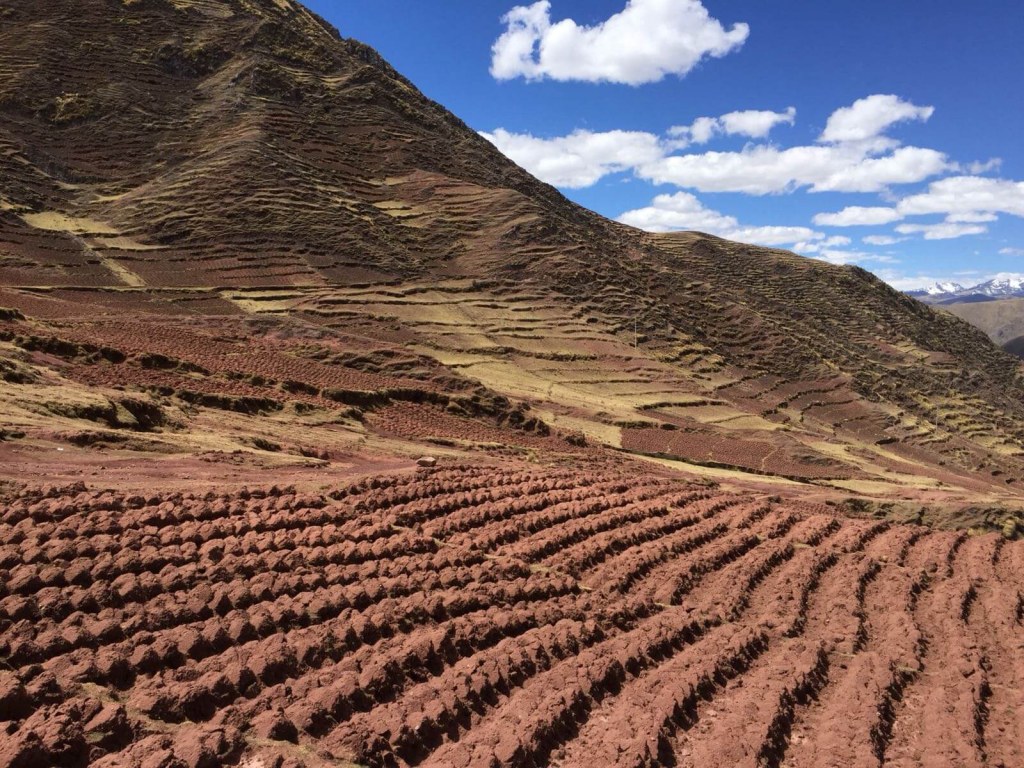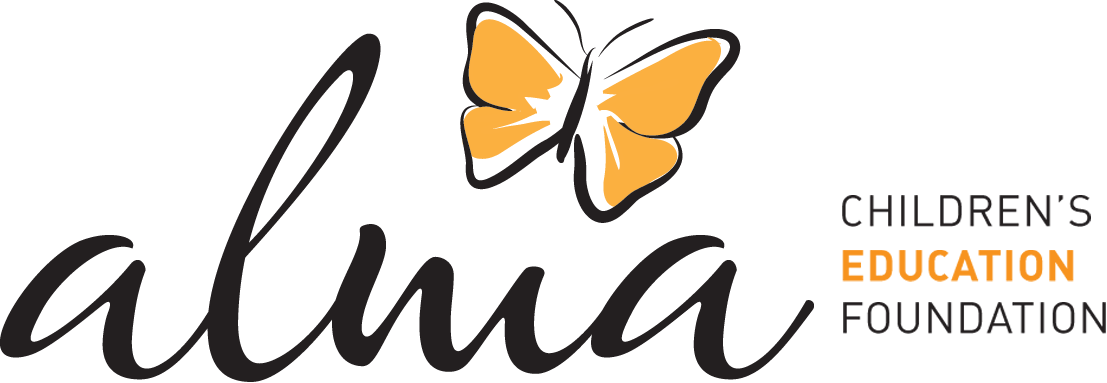
My years as a boxer taught me early on that stepping to the side and looking from a slightly different angle will open up entirely new opportunities and perspectives. This holds true in teaching, as well.
Today I reviewed a project outline where the main challenge was to “cultivate a nutritional eco-garden to promote a healthy and balanced diet in our school”. The outline was broken into different focuses aligned to specific steps to be fulfilled in order to achieve and complete the challenge. Each focus was broken down into daily lessons which all have their own smaller challenges that promote local culture and the analysis, evaluation, and implementation of academic content. On the academic, analytical, and cultural level it all looked good, but I sensed it could be better. So I looked for the angle.
Apart from the academics, thinking skills, and cultural value embedded in the lesson, I always ask 1) “what will the kids walk away with after this project?” and 2)”how will that contribute to a better world?”. That is where the angle hit, thanks to writer and scientist Robin Wall Kimmerer: the honorable harvest.
“Cultivate an honorable eco-garden to promote a healthy and balanced diet in our school.”
Now, instead of using only science content, ancestral knowledge, and judgment strategies to define the best place to cultivate the eco-garden, students must also design a significant manner to ask permission from the earth to do so. Instead of using only mathematics, traditional techniques, and evaluative strategies to harvest and store the products from the eco-garden, students must also formulate optimum harvest quantities and uses for every product to ensure that they take only what is given and that nothing is wasted. Instead of using only science content and effective communication skills to plan the management of the eco-garden, they must also take into account how to show gratitude to the garden and plan how to give back in meaningful reciprocity.
The project works with the same academics and the same analytic and evaluative strategies, but thanks to a slightly different angle and a deeper focus on traditional values, it now has profound meaning that flows through it from beginning to end.
–Ian McGroarty, Program Director
